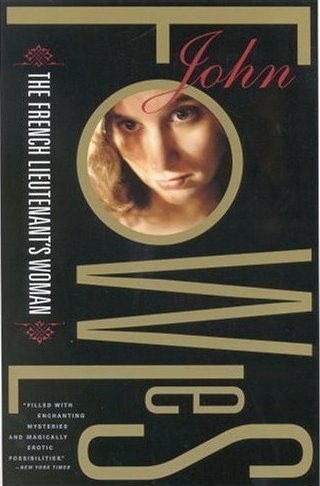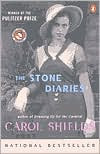
The French Lieutenant’s Woman by John Fowles (1969)
Fiction, 467 pages
Back Bay Books
The Victorian age was rarely kind to strong-willed, self-possessed women. Many who displayed these traits and refused to submit to the standards of the day, were often thought ‘mad’; to the Victorians, it would be the only explanation for such outrageous behavior.
This struggle was clearly reflected in the character of Sarah Woodruff:
…it was an unforgettable face, and a tragic face. Its sorrow welled out of it as purely, naturally and unstoppably as water out of a woodland spring. There was no artifice there, no hypocrisy, no hysteria, no mask; and above all, no sign of madness. The madness was in…the lack of reason for such sorrow; as if the spring was natural in itself, but unnatural in welling from a desert.
As she, and we the reader, come to discover – some struggles teach us things about ourselves we could not have learned otherwise:
I do not wish to marry because…of my past, which habituated me to loneliness. I had always thought I hated it. I now live in a world where loneliness is most easy to avoid. And now I have found that I treasure it. I do not want to share my life. I wish to be what I am, not what a husband, however kind, however indulgent, must expect me to become in marriage.
If it were not for the use and tone of her language, this explanation could be given by any woman today. But in Victorian times, this was, to many, ‘madness’. It must also be noted that men also had their cross to bear in terms of their behavior, and what was expected of them in regards to women and marriage. This story is not only about the relationship of a man and a woman – but of the struggle each have in attempting to gain their freedom from the demands of society. Again, a sentiment shared today by many who want to live as they wish, not as they are expected to do.
I wish I could say that this is a great book and that I would recommend to others. But I cannot. There have been very few books which I have ever failed to, or struggled through, in order to finish – unfortunately, this book was one of them. I tried. I really tried.
One problem I had, was that scattered among the beautiful phrases and passages, were words little used, or so archaic, I was continually referring to my Webster’s Encyclopedic Unabridged Dictionary of the English Language. Now as you may note from my tone, I feel quite confident in my understanding, and use, of vocabulary. However, I found it very inconvenient being forced to refer back to a dictionary the size of most household pets. Let’s just say that it is not conducive to doing any kind of light bedroom reading – unless of course, you live in one of those scary areas of town and need to keep protection close at hand. Trust me, tossing this dictionary at an intruder is the equivalent of using a bowling ball except with very sharp corners – that is if you can lift the darned thing.
All kidding aside, I liked the story’s premise, and for the most part, the author’s telling of it. For me, the main issue were the passages between the action. I see them as buffers which help transition the reader from one scene to the other; ones which move you along through the book and set the tone so that you float comfortably through the narrative. I cannot say exactly why, but I never felt comfortable reading this novel. It just didn’t flow smoothly enough for my liking. As I stated earlier, I found myself struggling (or flipping ahead) to get through the book.
For this reason, I am giving this book 2 stars, as I never felt like putting it back on the shelf and leaving it there; I always went back, hoping it would get better.
Would I read it again, perhaps to give it another chance? I doubt it.
Will I ever read Fowles again? Yes and in fact, I am.
You see, I may give up on a book, but not the writer. I believe everyone deserves to be evaluated for more than just one aspect of themselves, or their work. Don’t you?





